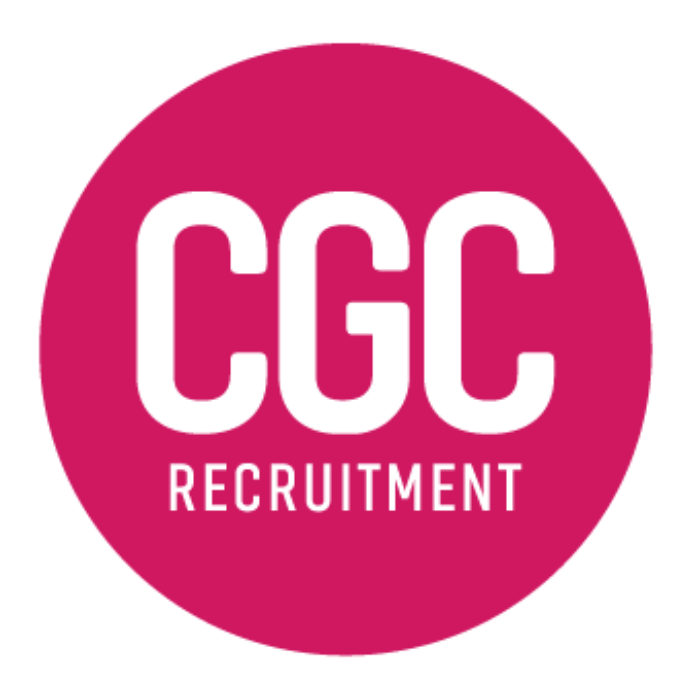Connecting...
As we enter 2024, CGC has identified ten trends and trend continuations in the recruitment landscape that will continue to influence talent acquisition, employee retention, and job seeking. This overview highlights key trends and observations, providing insight into the evolving methodologies of recruitment and expectations for the next 12 months.
1) Hybrid Work Models Taking Centre Stage: In 2024, the prevalence of hybrid work models is expected to solidify as both an employment benefit and a strategy to reduce premises overheads. Most companies plan to incorporate at least some remote and off-site work into their long-term strategies. This continuing trend, particularly outside of trades and hands-on roles, signifies a broader change in the approach to work for both employers and employees.
2) Proactive Candidate Engagement Across All Levels: Engaging passive candidates has become crucial not only for executive roles but also for lower and middle-level positions, especially in roles with skills shortages. This proactive strategy is essential for attracting top-talent into the recruitment pipeline.
3) Growing Importance of Recruitment Data and Automation: Streamlining repetitive tasks through automation should be a key focus for recruiters and HR teams alike in 2024. Advanced recruitment tools aim to enhance performance metrics and improve candidate search and engagement strategies. This transition to data-driven precision involves assessing strategic metrics that also align to broader business outcomes.
4) Demographic Expectations Changes in Recruitment: As Generation Z enters the workforce, they’re facing tough challenges in the job market; even with skills shortages, companies are still courting skilled and experienced candidates and overlooking the under-skilled Gen Z. Whilst this represents an opportunity for employers, Gen-Z also have a very different perspective on recruitment and employment, with a need for quick, virtual, and engaging recruitment methods. Deloitte’s future of work initiative suggests that To attract Gen Z, employers must be ready to adopt a speed of evolution that matches the external environment. That means developing robust training and leadership programs, with a real and tangible focus on diversity.
5) Embracing Diversity and Inclusion: While not a new trend, the emphasis on diversity and inclusion will continue to filter down. Recruiters are adjusting strategies to minimize bias in the hiring process by tracking diversity metrics. This is critical for fostering an inclusive workplace, as well as reporting for investors and stakeholders. We can see the importance of diversity when we look at countries like the UK and US, multinationals, and larger Australian corporates.
6) Employer Branding is Paramount: Employer branding remains critical, focusing on cultivating company cultures prioritising employee well-being and community support. Employers must stand out in a noisy world by having a brand that resonates with the needs, wants, and aspirations of potential recruits.
7) Recruiters as Strategic Partners: Recruiters are increasingly taking on strategic roles, aligning closely with their clients’ business goals. Their focus is shifting from execution-oriented delivery to understanding and addressing the needs of hiring managers.
8) Workforce and Economic Dynamics: The gig economy's growing influence, coupled with AI and a focus on pay transparency, is reshaping recruitment approaches and roles. Reskilling programs and new recruitment strategies are emerging to complement evolving technologies like AI and automation.
9) Evolving Employer-Employee Relations: With an increased emphasis on flexibility, remote work, and employee well-being, organisations have redefined their approach to fostering positive relationships with their workforce. The traditional hierarchical structures have given way to more collaborative and inclusive environments, where open communication and feedback mechanisms are integral. Progressive companies recognise the importance of aligning goals with individual aspirations, promoting a sense of deeper purpose among employees.
10) Optimism for 2024: Despite the challenges presented by recent global events, Fobes reports that hiring trends for 2024 indicate a renewed sense of optimism. Google research shows that 39% of hiring leaders said they plan to increase their financial commitment toward hiring in 2024, and 70% of job seekers were confident about their prospects of finding new jobs. As economies rebound and industries rebuild, companies prepare for growth, creating a heightened demand for skilled professionals and recruitment.
Conclusion - Working with CGC Recruitment:
Economic uncertainty and market volatility in 2023 made hiring competitive for much of the business world. Employers struggled in 2023 and found it hard to hire the right candidates, despite substantial recruitment needs. The good news is that you don't have to let recruitment challenges hold you back in 2024, partner with a team of recruiting specialists, like CGC, who recognise the complexities of the recruitment market and can achieve hiring goals more comfortably.
Whilst 2024 will undoubtedly have challenges, there are also many opportunities, both identified and unidentified. If you are expanding your team or seeking your next role and require professional advice in 2024, CGC Recruitment is here to help. As a specialist consultancy with national coverage and offices in Sydney, Brisbane, and Perth, we specialise in fulfilling roles across the construction, infrastructure, engineering, and architecture sectors at all levels. As a leading industry recruiter, we consistently offer opportunities for ambitious and professional individuals.
Explore our latest vacancies here, or connect with one of our specialist recruiters -https://www.cgcrecruitment.com/consultants.










